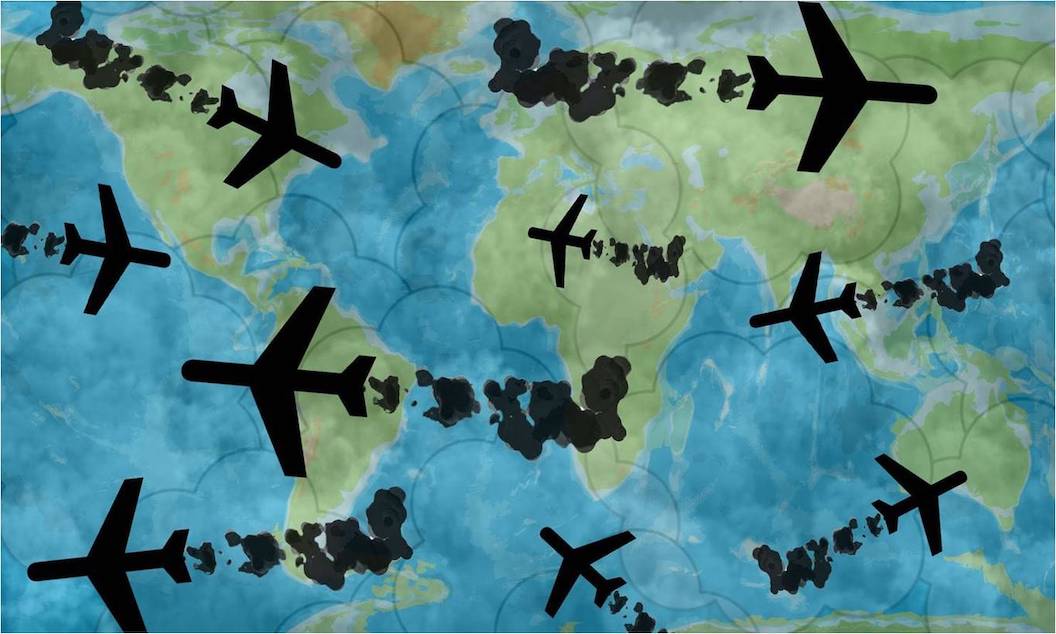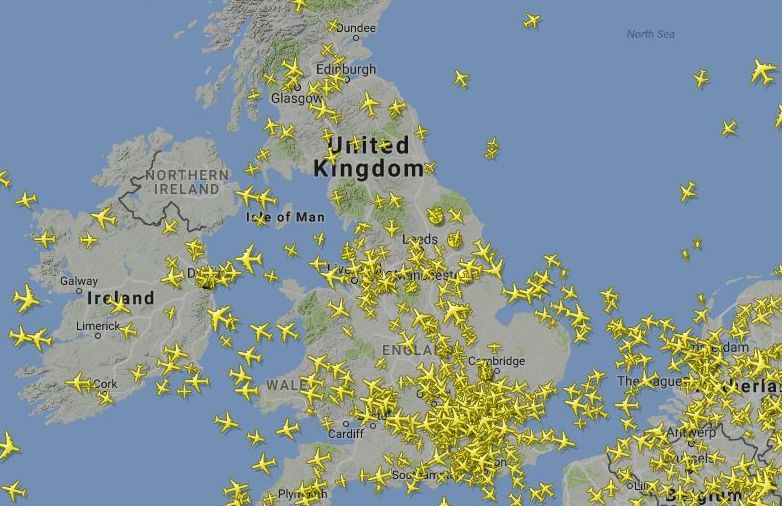
“The crisis is acute…Covid-19 has given us all a wake-up call [on] the immediate and long-term risks of being overweight.”
These are messages from the government about the urgent need to take action on obesity. Proposed solutions include banning advertising, providing calorie labels in restaurants, and limiting in-store promotions or food deals.
Substitute 'being overweight’ for ‘carbon emissions’, and they could equally apply to the climate crisis.
Successive governments have worried about interfering too much with people’s lives – of telling them what they should and shouldn’t do. But problems associated with unhealthy foods don't just affect our own personal health, they affect the whole of society. In simple terms, an increase in obesity puts a strain on the NHS and therefore the tax payer.
Health campaigners recognised this in the fight against the tobacco industry, which was ultimately won after a long and protracted battle, after which advertising and indoor smoking was banned. We understood that it wasn't just the smoker who suffered, but the nation, through an increased strain on the NHS.

These very same arguments can be applied to aviation. Burning kerosene contributes to poor air quality, not just around the airport, but nationally. Carbon emissions from the 100,000 flights that take off each day directly contribute to the warming climate that will ultimately make living on this planet impossible. Not everyone flies, but air pollution and carbon emissions from the aviation industry will affect us all.
The proposed measures to address the obesity crisis could almost exactly be applied to flights. Calorie labelling would become carbon labelling, with information about the emissions of your flight given at the time of booking, or specified on your ticket. An advertising ban would mean no more being bombarded with cheap flight deals. Limiting incentives and deals would draw to a close reward schemes such as Air Miles or Frequent Flyer perks.
"The proposed measures to address the obesity crisis could almost exactly be applied to flights. Calorie labelling would become carbon labelling."
There will be plenty of push back against the government’s obesity plan. The food industry has already said, "The introduction of such a draconian measure at this time could have deep repercussions for agencies and the advertising sector, generally, in terms of jobs and creative output, for very little end result.”
This sounds remarkably similar to what the aviation industry might say if the same measures were applied to flights. Rolling out the ‘2% of global emissions’ claim would certainly be part of the argument (the true figure is more like 5%, but that's only part of the story…), and there would be similar warnings about loss of jobs and loss of freedom.
Of course, we shouldn't take loss of jobs and loss of freedom lightly. But there are other jobs with transferable skills for those who work in the aviation sector. And the great news is that not flying doesn't mean not travelling, so our sense of freedom needn’t be lost.
The National obesity forum chair says, “The consequence of obesity is so great that risks and daring measures have to be put in place.” Swap ‘obesity’ for ‘climate crisis’ and we’re getting there.




